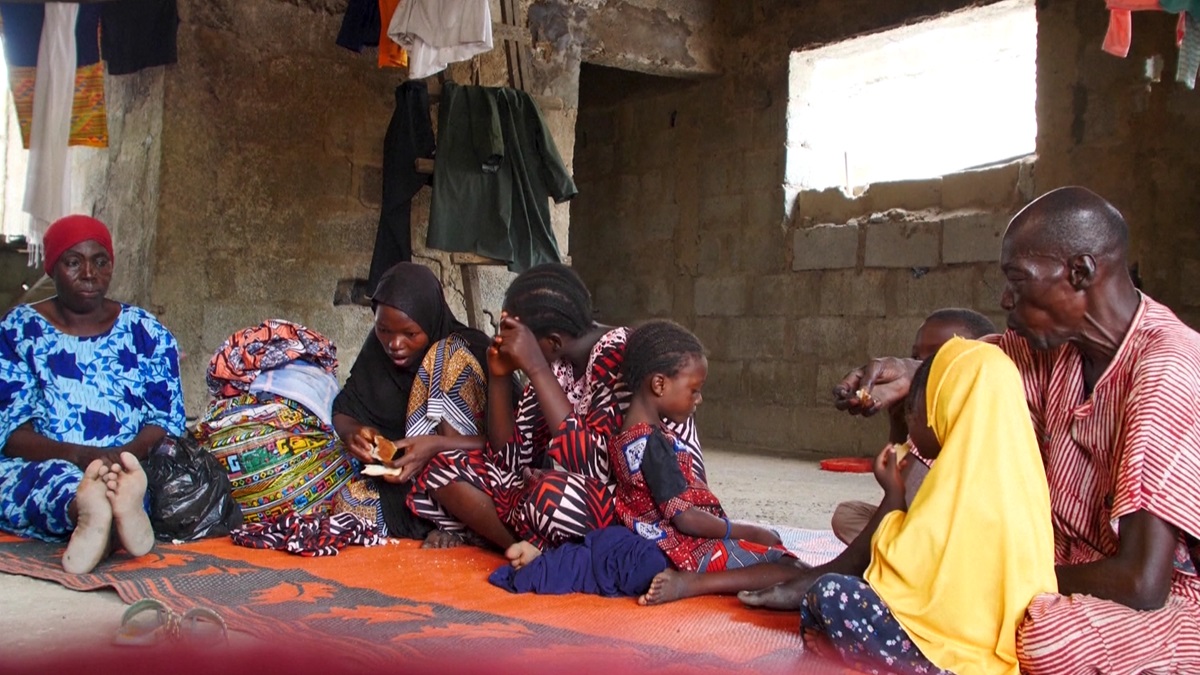ABUJA, Nigeria – In a bleak revelation, the Food and Agricultural Organization of Nigeria estimates approximately 25 million Nigerians are experiencing hunger. It predicts that 26.5 million Nigerians may face hunger in the coming year, primarily due to the severe challenges gripping the northern regions, where insurgency and banditry have significantly hampered food production.
Muhammadu’s Abubakar, a resident of Abuja and a driver by profession, struggles to put regular meals on his family’s table. “We eat once a day. For instance, if we eat once at night, our next meal is the following night. That’s if we’re lucky to be able to afford it. There are times we go two days without food,” he reveals.
The root cause of this crisis lies in the northern regions, the traditional breadbasket of the nation. High inflation and persistent insecurity, particularly in states like Adamawa, Borno, Yobe, Bauchi, Plateau, and Nasarawa, have forced farmers to abandon their fields, triggering a cascading effect on food production.
Emmanuel Osemeka, Country Director of the Social Welfare Network Initiative, points out, “The North Central produces more than 80 percent of the food in Nigeria. Take a cursory look at the food production belt in Nigeria, that is where this attack is going on. So you take all the way from Adamawa to Borno, to Yobe, to Bauchi, to Plateau then Nasarawa, come on, these are the food baskets of Nigeria.”
The government’s response, deploying over 10,000 Agro Rangers from the Nigeria Security and Civil Defence Corps, demonstrates an acknowledgment of the issue. However, experts argue that more needs to be done to ensure the safety of farmers and enable their return to the fields.
Osemeka stresses, “For us to solve this issue is to let our farmers go back to the farm, it’s to let all the farm agri-businesses go back to their businesses. They can’t go back until the government takes care of the security challenges.”
To revitalize the agricultural sector, the Ministry of Agriculture and Food Security has announced plans to cultivate wheat on 70,000 hectares of farmland during the dry season farming starting this November. The government aims to include other crops like rice and maize in this initiative.
As families like Muhammadu’s wait for relief, the government’s efforts to secure farmlands and increase production are seen as a ray of hope. The success of these initiatives will not only determine the fate of millions facing hunger. Still, it will also underscore the government’s commitment to addressing Nigeria’s pressing issue of food security.









